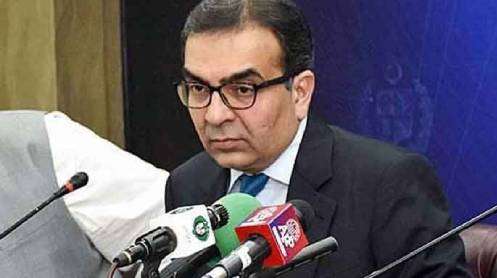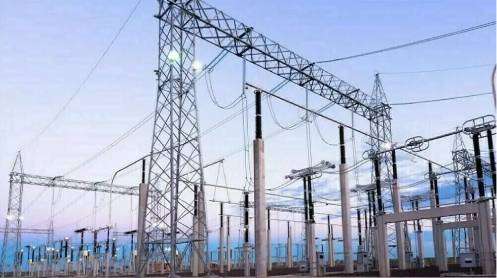ISLAMABAD: Adviser to the Prime Minister on Privatisation Muhammad Ali has said that persistent governance failures — not a shortage of investment opportunities — are the key reason investor confidence in Pakistan remains weak.
Speaking on “Privatisation and Private Sector Participation” on the final day of the Pakistan Business Council’s economic dialogue on Thursday, Mr Ali, who also heads the Privatisation Commission, stressed that Pakistan must ensure legal consistency, market-driven decision-making, and stronger regulatory capacity to attract investors.
He noted that although regulator appointments follow formal processes, these systems still require significant reform. “We need independence, strong governance, clear KPIs and an institution to coordinate regulatory oversight — without compromising autonomy,” he emphasised.
Mr Ali outlined a five-point model for effective privatisation:
**• Efficiency gains
- Improved service delivery
- Stakeholder ownership
- Real accountability
- Optimal resource allocation**
He criticised the current structure in which ministries run commercial entities without bearing any financial consequences. “The money lost never leaves their pockets,” he remarked.
Several entities have languished on the privatisation list for two to three decades, including Pakistan Steel Mills, Pakistan Railways, Printing Corporation of Pakistan and multiple Discos. The government now aims to complete major transactions such as PIA, for which bidding is underway, as well as long-term concessions for the Karachi, Lahore, and Islamabad international airports — which, he clarified, are not being sold.
He said the government’s policy is to privatise non-strategic SOEs, regardless of whether they are profitable or loss-making. Some generation assets are being added to the list, with future efforts expanding to the petroleum and energy sectors.
Mr Ali highlighted how excessive government intervention undermines SOE performance, citing political interference, bureaucratic reshuffling, patronage-based hiring, overstaffing and declining productivity — all of which drain fiscal resources and weaken competitiveness.
“Privatisation means letting go. It will be difficult, but necessary,” he said.
Arif Habib Group founder Arif Habib said Pakistan holds around Rs90 trillion worth of SOEs that deliver an average 1% return, while the country borrows at 15%, creating a massive negative gap. He said listing entities before privatisation is counterproductive, as the market will not offer fair value.
Moderating the panel, SECP Executive Director Musarrat Jabeen said the government has renewed its commitment to privatisation. The private sector, she noted, is ready to invest — provided transparency and reforms are ensured. With the right structure, Pakistan’s capital markets can mobilise investment at scale, she added.
Advisory Services Agreement Signed
Separately, the Privatisation Commission signed a Financial Advisory Services Agreement (FASA) with Raiffeisen Investment Finansal Danismanlik Hizmetleri Ltd Sirketi for private-sector participation in the privatisation of Hesco and Sepco.
Raiffeisen was selected as the top-ranked adviser through a competitive process, completing adviser appointments for the second batch of power distribution companies moving toward privatisation.
Story by Amin Ahmed







